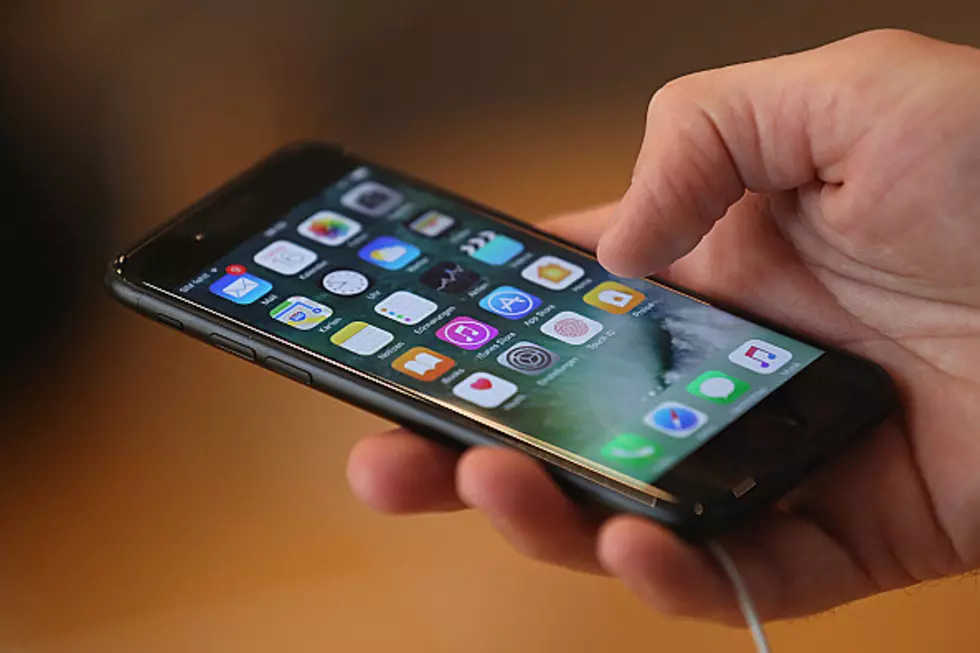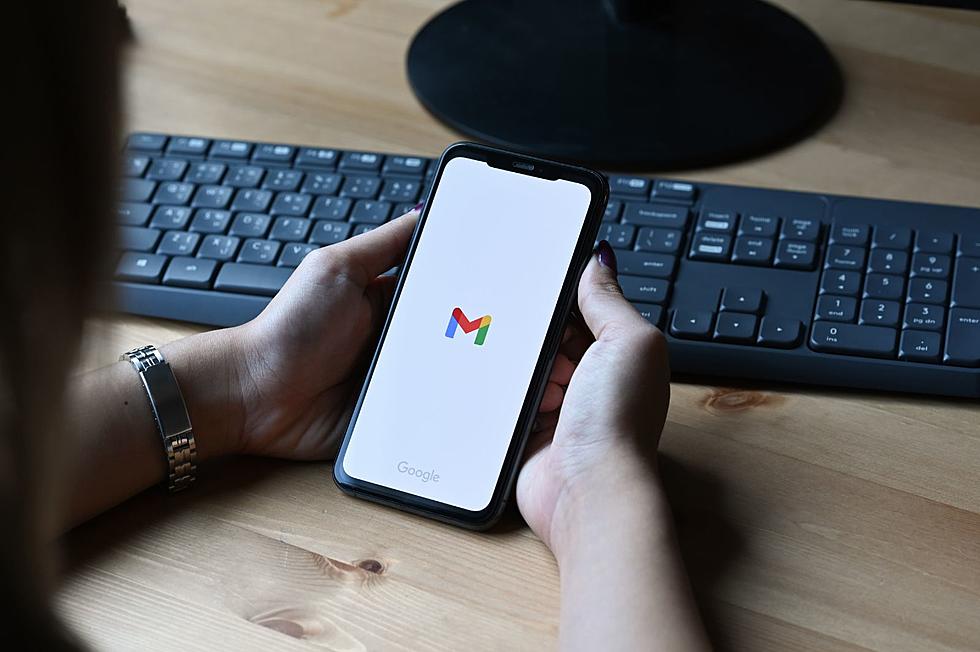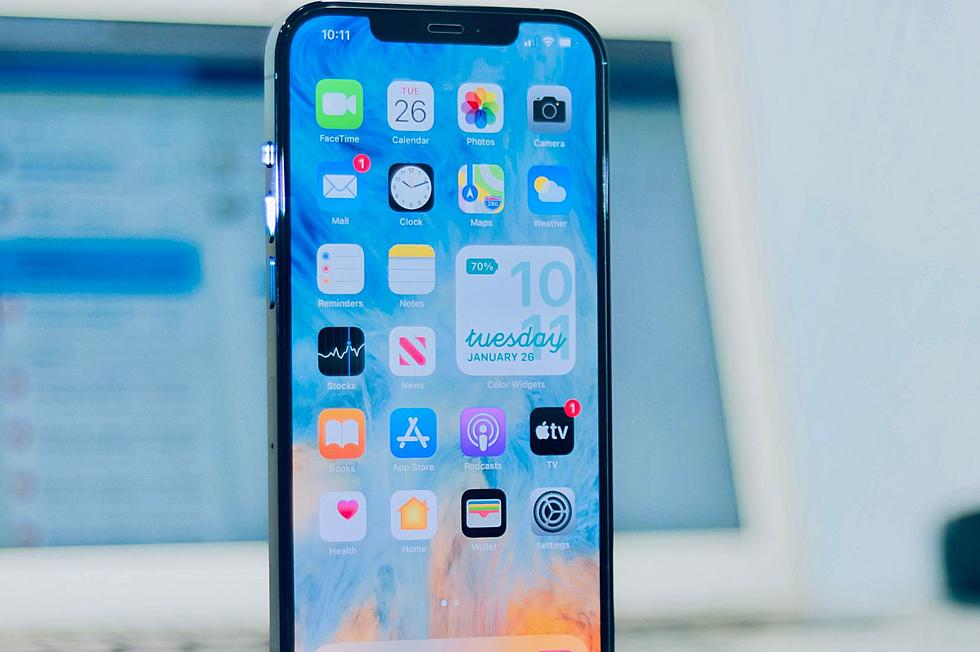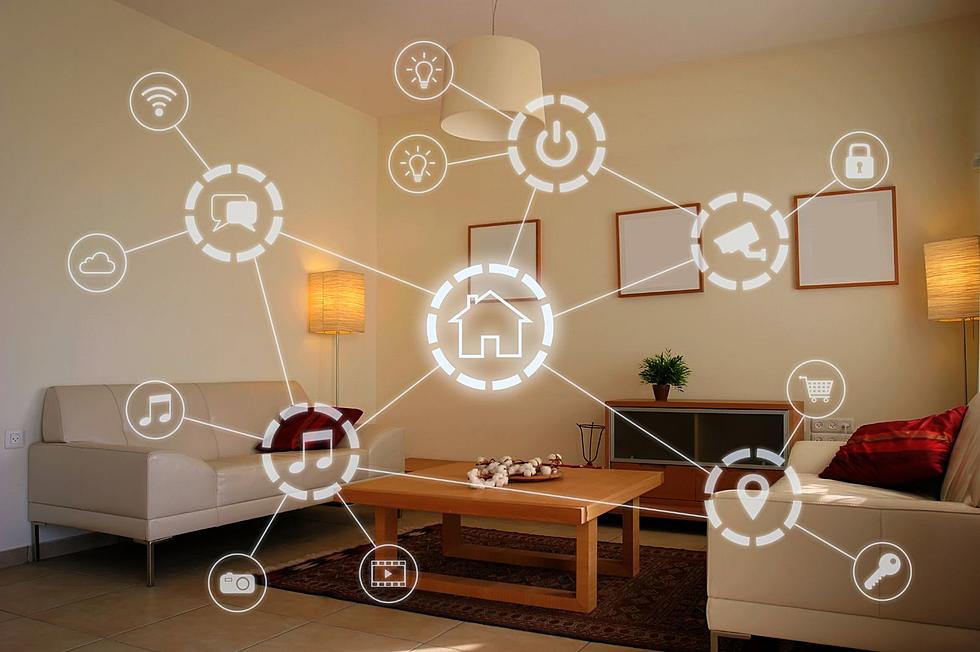
Phone Apps Are Being Created to Track COVID-19 Exposure
By now we've realized just how much of a role our smart phones have played in our life, and let's be honest: sometimes they do more than we wish they would. There's been so many times where I'm talking about something and then next thing I know, that exact thing I was talking about popped up as I was scrolling on my Facebook feed. And soon, your smart phone can help identify if you've come into contact with anyone who has had the coronavirus.
According to Wired, Apple and Google have developed an "application programming interface" that apps on your phone can plug into. You download an app - and your phone will be logging when you come into contact with another person who has a similar, or the same app thanks to Bluetooth technology.
Allegedly, the apps don't include any identifying information about you or keep any of your information. What they do is give you a random numerical identification code that changes frequently and gets deleted after 14 days, the length of the incubation period for COVID-19.
Based on what we know so far, the apps will be able to log the length of time you've been in contact with each person (or rather each individual phone), and how far away you were, judging from the strength of the Bluetooth signals. Any contact that's less risky (such as briefly passing someone on the street) will be ignored.
Currently, there's very few tracking apps that exist - but Apple and Google have been working on features that are now live.
Besides the settings that you'll find in future tracking apps, you can enable or disable "exposure notification" logging at the operating system level as well—it's a completely opt-in system.
Want to see this for yourself?
On Android, open Settings, then tap Google and Covid-19 Exposure Notifications. You'll be given information about how exposure tracking works, plus two settings that won't be active until you install a compatible app: One to delete all the random IDs that your phone has collected, and one to turn off the feature completely.
If you use iOS, open Settings and select Privacy, Health, and Covid-19 Exposure Logging. Again, you can turn this logging on or off and read some more information about how it works. To get rid of the random IDs that are stored on your phone, tap the Delete Exposure Log option at the bottom.
For these apps to work, you'll need your phone's Bluetooth and location tracking features turned on, though your actual physical location isn't tracked—the apps won't know where in the world you are or how many times you've left the house today. They'll only know which random IDs your phone has come into contact with.
Say you test positive for COVID-19 and log that you tested positive. The app will send a record of your rotating IDs to the sever, which will then send them out to the other devices using the same app. Anyone who you've been near in the last two weeks will be alerted that they came into contact with you, and the action that they can take.
Keep in mind, the apps are still in the works, so you can't turn the tracking on yet. But, it's there. See? I followed the steps on my phone and it's definitely there.
To even think this is possible is crazy, but that's the evergrowing field of technology and that's pretty cool to think about.
READ MORE: Inspiring Stories From the Coronavirus Pandemic
More From 98.1 The Hawk









